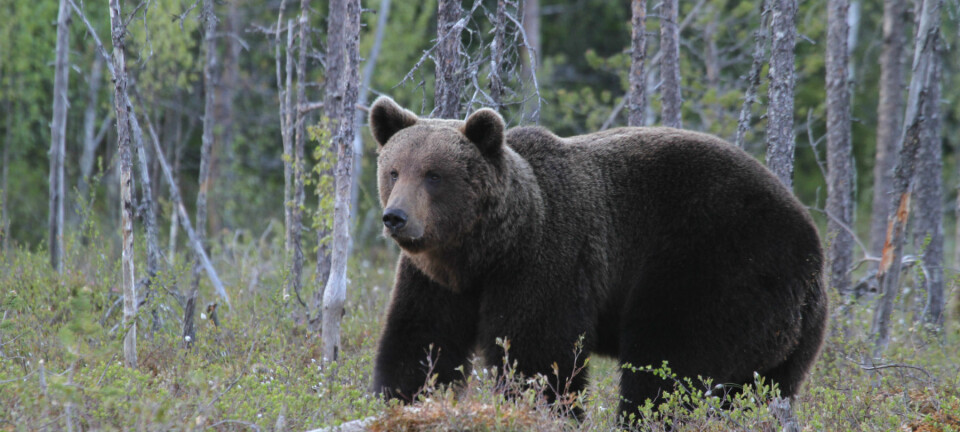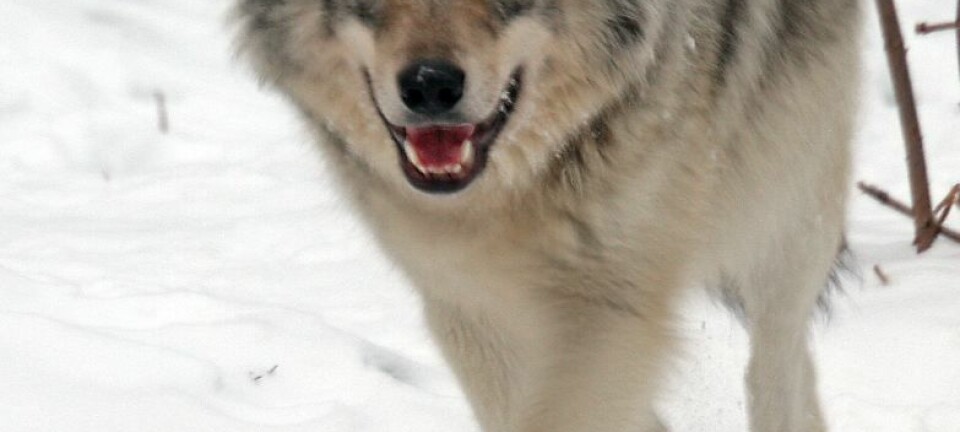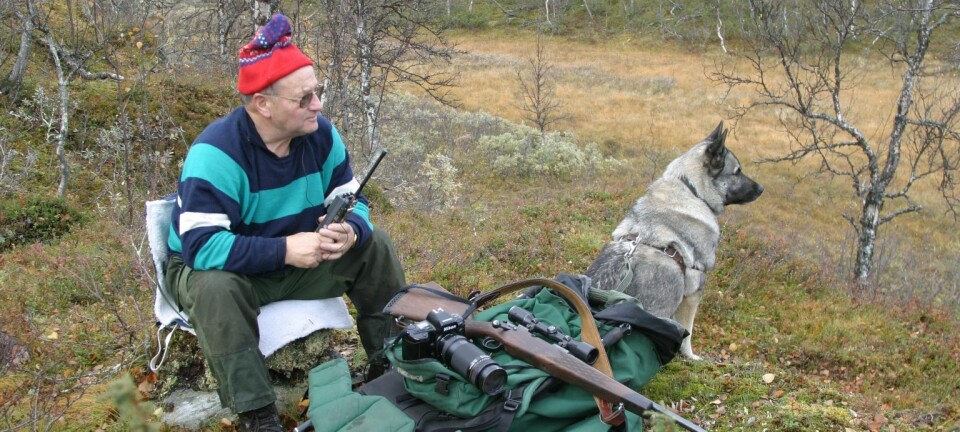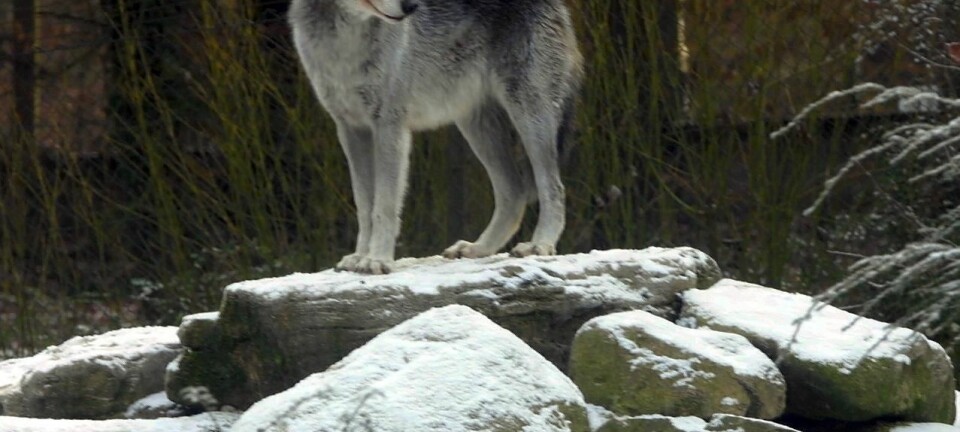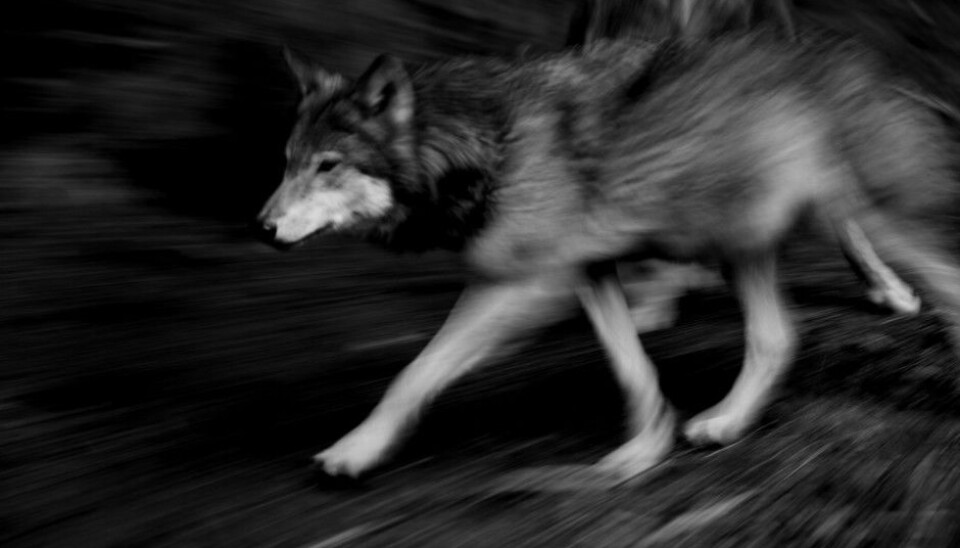
Norwegians more tolerant of illegal wolf shooting
Sweden has ten times more wolves than Norway, yet Norwegians are less tolerant of wolves in the wild and are more likely to accept illegal shooting of the animals.
Denne artikkelen er over ti år gammel og kan inneholde utdatert informasjon.
Researchers from Hedmark University College in Norway have examined how Norwegians and Swedes think about predators in the wild – including attitudes about illegal hunting.
Their 2014 study is more than academic – earlier this spring, five men were convicted in southern Norway for having attempted to kill three wolves. The main defendant was sentenced to one year and eight months in prison.
The scientists behind the study think they know why the two neighbouring countries are so different, and it has nothing to do with wolves.
Rural versus urban values
“We think this is more about rural values versus urban values,” says Kristin E. Gangås, an associate professor at Hedmark University College and one of the researchers involved in the survey.

Essentially, she says, people in rural Norway do not want anyone from the city to come and tell them what to do.
“The difference between Sweden and Norway in this regard is quite interesting,” she says. “Sweden has a tradition of top-down governance, while in Norway, local democracy and land ownership have been strong over the centuries. We assume this has something to do with people’s basic attitudes.”
For that reason, the wolf as an animal really doesn’t play much of a role in this context, Gangås said.
“Instead, the wolf is a symbol of the larger society and centralized government running roughshod over rural residents,” she said.
Nature without predators
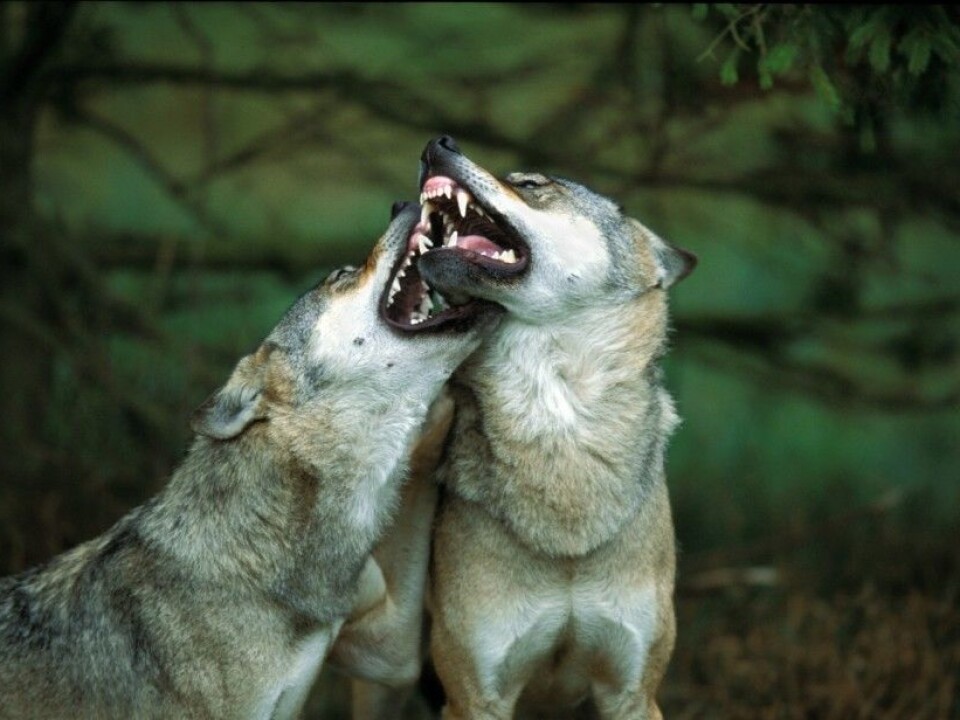
The Hedmark University College researchers asked a small number of people in each of Norway’s 434 municipalities and Sweden’s 290 municipalities the same questions about predators and nature. Altogether, the researchers talked to 1507 Norwegians and 1014 Swedes.
While the study was not designed to determine what the average individual in Norway or Sweden believes, the researchers believe it is representative of what people across each of the countries think.
Even though there are far more wolves and bears in Sweden than in Norway, significantly more Norwegians than Swedes responded that there are too many wild animals in their respective countries.
In Sweden, only two per cent of respondents surveyed said they found it unacceptable that wild predators like bears and wolves were free to roam. Fully 7 per cent of Norwegian respondents said they found it unacceptable.
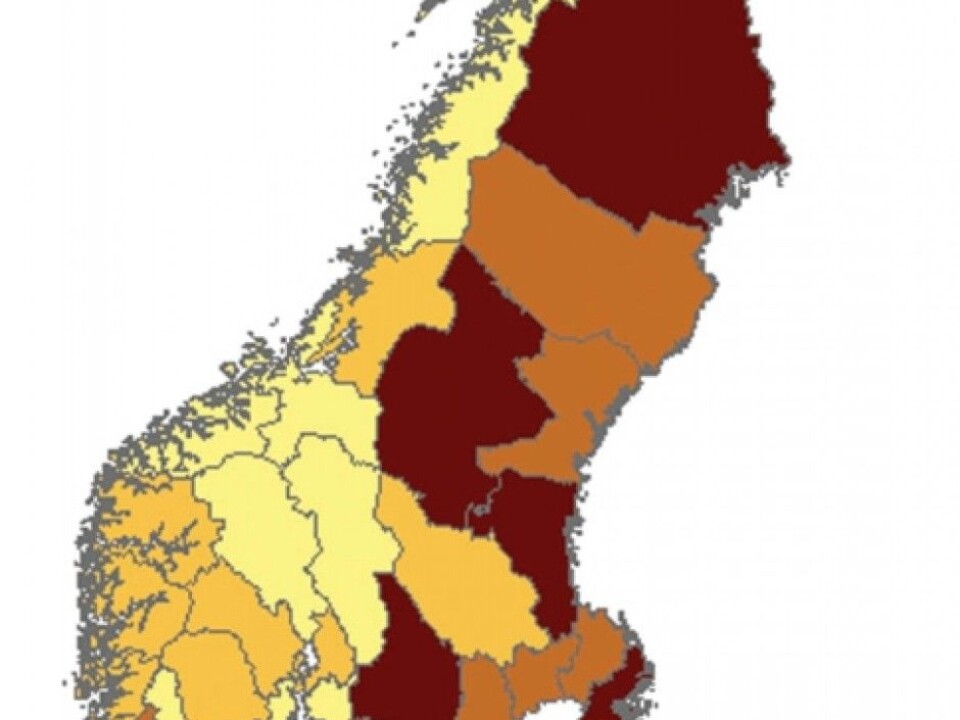
Of the 100 Norwegians who said they thought predators in the wild were unacceptable, 36 said illegal hunting of predators was OK. Among the 21 Swedes who thought wild predators were unacceptable, only two said they approved of illegal hunting of those animals.
Wolves are not the real issue
“Perhaps the most surprising aspect of our survey results is that the presence of wild carnivores did not affect whether people in rural areas are more or less opposed to the presence of these animals,” Gangås said.
In other words, there is no more opposition to wild predators in areas of Norway where predators like wolves are found compared to areas where there are no wild predators.
“This clearly suggests that the presence of wild animals in itself is not necessarily the reason for opposition to wild predators,” Gangås said.
Swedes are nature-lovers
The Hedmark University College researchers also looked at how people in Sweden and Norway see themselves in relation to the natural environment.
The survey included seven questions on this relationship, such as “Plants and animals have the same right to life on Earth as human beings”. Respondents were asked to answer on a scale from 1 to 5, depending on how much they disagreed or agreed with the statement.
On all seven questions, the Swedes answered more positively towards nature than the Norwegians.
The survey also showed that in both countries it was men, those who were highly educated and the young who were most ecocentric, or responded more positively towards nature.
Women with less education and the elderly were more anthropocentric.
--------------------------------------------------
Read the Norwegian version of this article at forskning.no







